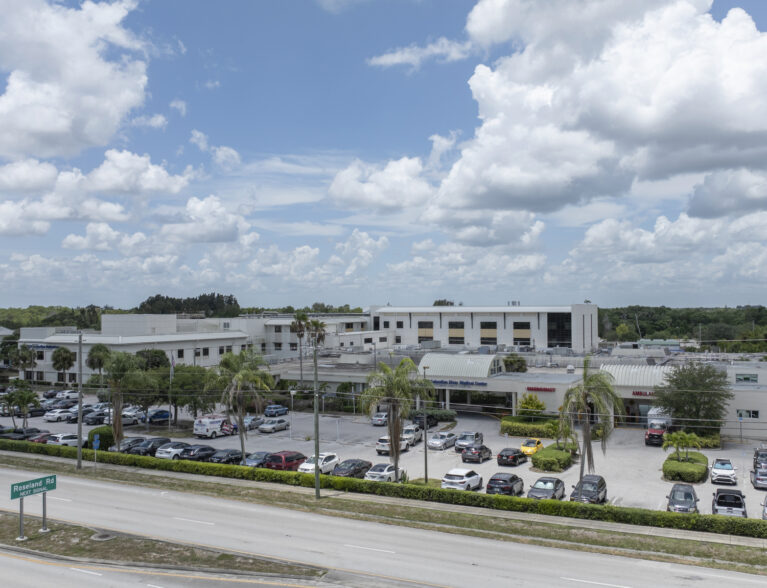
Barring possible further delays, it looks like we’ll know by Aug. 22 who the new owners will be of the Sebastian hospital, where operations still continue more or less normally for the moment despite the bankruptcy of its parent company, Steward Health Care System.
No potential bidders for the Sebastian River Medical Center, the only alternative for comprehensive medical care to Cleveland Clinic Indian River Medical Center in Indian River County, have yet come forward publicly.
Steward postponed the deadline for auction bids for the sale of the so-called “first-round” of its 31 hospitals, those located in Massachusetts, Ohio, Pennsylvania, Arizona, Arkansas and Louisiana, from June 24 to July 15. The auction itself for those properties will now be held July 18, with a final bankruptcy court hearing to approve a sale set for July 31, a delay of about three weeks from the original date of July 11.
However, Steward is still insisting that the auction for its “second-round” hospitals, comprised of all eight Florida hospitals including the Sebastian hospital, and the five facilities in its corporate home state of Texas (the company has its corporate headquarters in Dallas) will stick to the original deadlines for the bankruptcy asset sale process.
Bids in the second round of assets, which may be for any individual asset or a combination of assets, have to be submitted by 6 p.m. EDT on Aug. 12; the actual auction will be conducted at 11 a.m. on Aug. 14; the deadline for filing any objections to a proposed sale of assets is Aug. 20; and the final hearing to approve the sale will then be held at 2 p.m. on Aug. 22 in U.S. Bankruptcy Court for the Southern District of Texas in Houston before Judge Christopher Lopez.
The various physician practices scattered around northern Indian River County that are owned by Steward’s subsidiary Stewardship Health, principally primary care practices, may learn earlier who their new owner will be, since those operations are included in the first group of assets to be auctioned off between July 15 and July 31.
The auctions will be conducted in New York City by the well-known international law firm of Weil, Gotshal & Manges, which has offices on three continents, in the U.S., Europe and Asia, and specializes in bankruptcies and mergers and acquisitions of distressed properties. This will likely not be an auction where bidders will be physically present in a conference room and make bids with paddles like a Sotheby’s auction for a piece of rare art. Instead, bids may be submitted electronically.
Lawyers stand to make a tidy sum off the bankruptcy procedures, as are financial advisers.
Bidders seeking financial information about the operations of the Florida and Northern Massachusetts Steward hospitals must contact investment bankers Leerink Partners LLC, while bidders on the other assets are directed to yet another investment banker, Cain Brothers. But even more financial experts are involved; there is a “noticing agent and administrative adviser,” Kroll Restructuring Administration, LLC, who’s supposed to keep everything in the process running smoothly.
Steward last month lined up a total of $225 million in interim financing to keep its operations afloat and meet payrolls through the period of the auctions, with $75 million available immediately and further sums available at $50 million per draw.
The money came from a group of five financing firms, WhiteHawk Finance, Owl Creek Investments, One IM Fund I, MidOcean Credit Fund Management, and Brigade Capital Management. They became secured lenders, meaning they’ll get paid back first out of the sale proceeds before the myriad of unsecured lenders will see even a penny on their claims.
In advance, the new lenders were also awarded “incentive fees” of about $6 million to lend the money.
Meanwhile, operations seemed to continue normally at the Sebastian hospital far away from the legal and financial wrangling in law offices, financial advisory firms and courtrooms thousands of miles away.
One Sebastian-area resident who went in for a colonoscopy at the hospital said that from her experience, there was no way to tell that the hospital was in bankruptcy or in any way distressed.
“Everything went fine,” she said. “The operating rooms were immaculate; the nurses were very professional and kind. You’d never know that anything was wrong with the place.”



